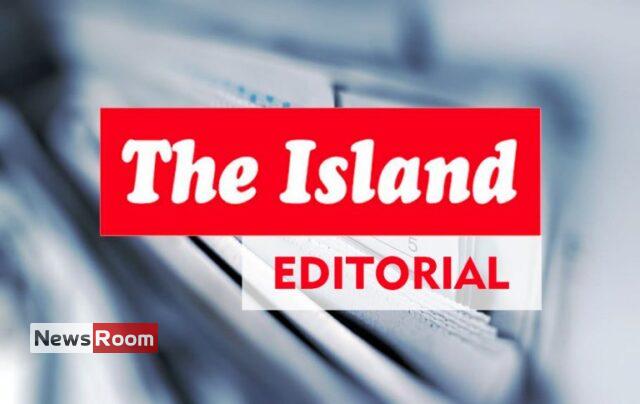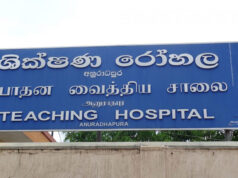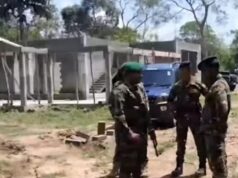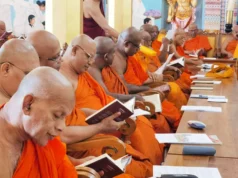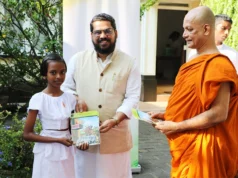Friday 29th December, 2023
The police are all out to eradicate the scourge of narcotics, and their efforts must not go unappreciated. But it needs to be added that they would not have had to exert themselves in this manner if they had carried out their duties and functions properly over the years. Having let the grass grow under their feet, they are now going hell for leather to neutralise the netherworld of drugs and crime to achieve what is considered a politically-determined target. The police and the government say they will rid the country of drugs and organised crimes before mid-2024. (The next presidential election will be held in the latter part of 2024.)
The OICs in the areas where huge hauls of narcotics are seized must be made to explain why they had not cared to carry out drug busts earlier. If they had policed those parts of the country properly, and taken action against drug dealers, the narcotics problem could have been contained years ago.
Worryingly, there have been very serious allegations that some police officers are in league with drug lords and other underworld characters. They have brought the entire Police Department into disrepute. We are not short of good men and women in the police, but all it takes to spoil a pot of milk is said to be a smidgeon of cow dung. Hence the need to probe the cops believed to be compromised.
The ongoing drug bust reminds us of the much-publicised anti-narcotics operation during Maithripala Sirisena’s presidency. It was widely thought that Sirisena was trying to overcome the so-called wimp factor by taking on the underworld. However, his war on drugs, as it were, benefited the public, for large stocks of narcotics were seized and destroyed. Several wanted drug dealers were also arrested, and some of them were brought here from overseas. But Sirisena neglected national security, and the Easter Sunday terror strikes occurred, bringing his anti-drug operation to an end.
Sri Lanka is believed to have become a narcotics transit point due to its geographical location and other factors such as a nexus between drug dealers and politicians. It has been found that some local fishing craft, especially trawlers, are used for drug smuggling. The Navy and the police intercept them from time to time, but their focus on the sea routes used by drug smugglers needs to be intensified parallel to the ongoing operations on the land. More resources have to be allocated for that task.
Drugs are also smuggled through the Colombo Port. In 2013, a freight container which was released on priority basis because of a letter issued by the then Prime Minister D. M. Jayaratne’s Office, on behalf of a businessman, was found to have 250 kilos of heroin concealed in it. The issue raised a public furore, but the PM did not face any probe.
Political interference has stood in the way of operations conducted by the police over the years. In 2011, the then President Mahinda Rajapaksa flew in an Air Force chopper to Negombo hurriedly and gave a bear hug to Nimal Lanza, whose house had been searched by the STF. He was accompanied by Basil Rajapaksa. Further police investigations were thus scuttled.
The then Opposition Leader Ranil Wickremesinghe tore into President Rajapaksa for the blatant interference with the police, and called the incident the ‘Negombo Drama’. Today, Lanza is an ardent supporter of Wickremesinghe, who became President with the help of the Rajapaksas!
Ranjan Ramanayake dropped a bombshell in Parliament, in 2019, when he was a Deputy Minister in the Yahapalana government. He did not mince his words when he said that some ministers were drug addicts. Subsequently, he told the media that he had submitted a list of drug addicts among the MPs to the Speaker and the police.
The Provincial Council members and local councillors also had druggies among them, Ramanayake said. Strangely, his damning allegation was not investigated. Thus, it requires much more than an extensively-publicised anti-narcotics operation to make a dent in the country’s drug crime.

